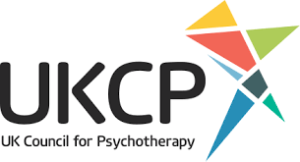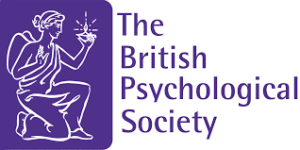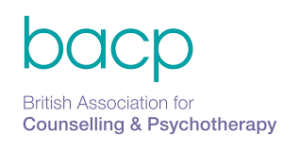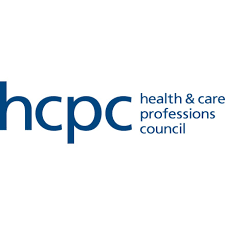Special offer: New room hire plans from only £95 per month! Learn more
Counselling & Psychotherapy at the Body & Mind Centre
Our aim at the Body and Mind Centre is to offer the highest quality professional counselling and psychotherapy service for anyone needing help with any mental health or personal development issues they are facing. The Body & Mind Centre is a BACP organisational member.
We offer a contemporary, stylish and secure environment for clients to be able to meet a therapist and learn more deeply about their thoughts and emotions, gain skills and strategies for living.
With ethics as a priority we pride ourselves on putting our client’s needs first, including a qualified team with many years experience of all types of mental health issues. We believe in offering the local community a safe space where people from all backgrounds get access to the specialist care that they require.
All therapists at the Body and Mind Centre are self-employed and not employed by the Body and Mind Centre. All therapists have suitable qualifications and hold their own insurance. Any issues or claims need to be taken up directly with the therapist concerned.
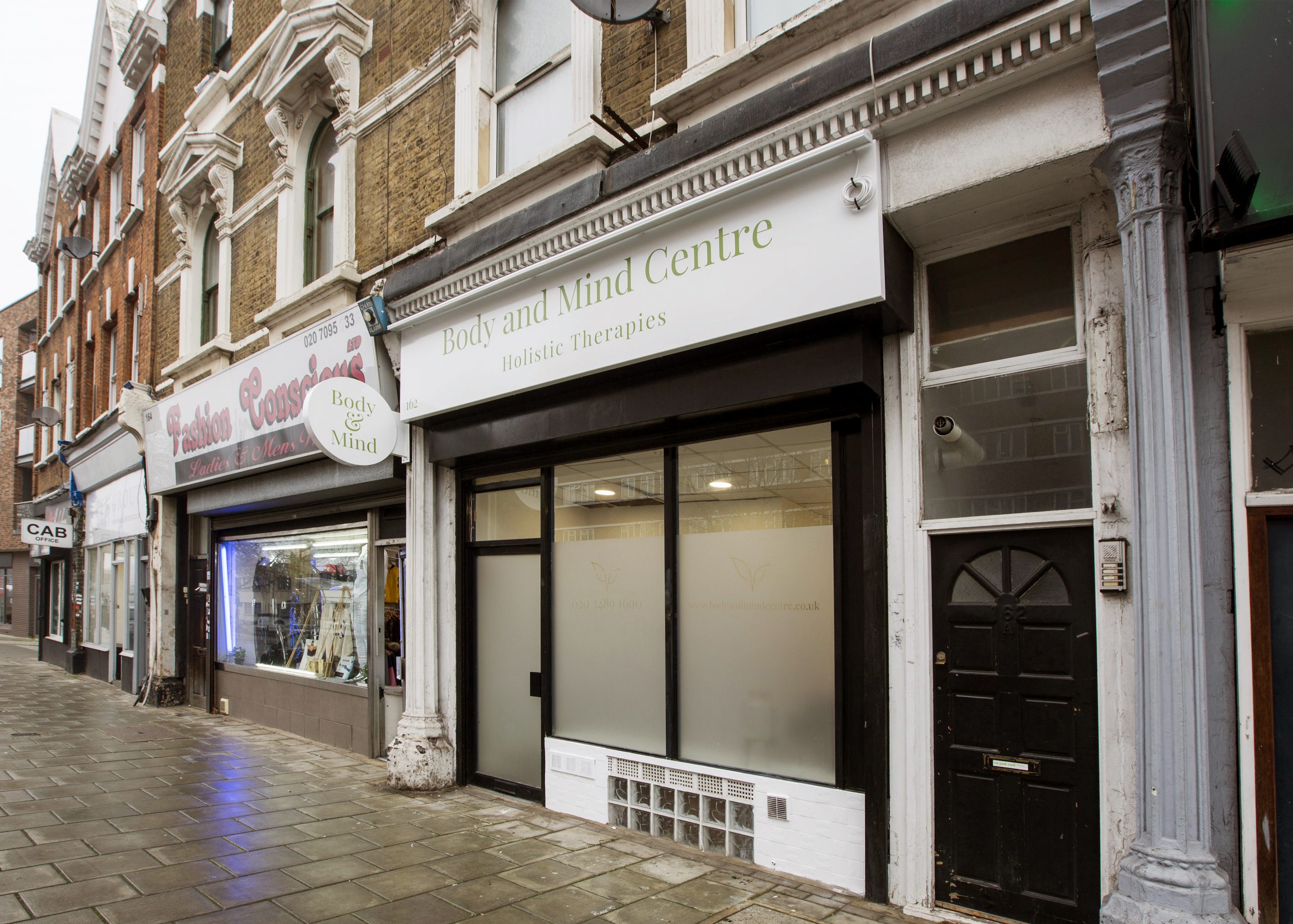
Why Seek Counselling?
Anxiety
Anxiety is a feeling of unease, such as worry or fear, that can be mild or severe. Everyone has feelings of anxiety at some point in their life. For example, you may feel worried and anxious about sitting an exam or having a medical test or a job interview. During times like these, feeling anxious can be perfectly normal. Some people find it hard to control their worries. Their feelings of anxiety are more constant and can often affect their daily lives.
Depression
Depression is more than simply feeling unhappy or fed up for a few days. Most people go through periods of feeling down, but when you’re depressed you feel persistently sad for weeks or months, rather than just a few days. Some people think depression is trivial and not a genuine health condition. They’re wrong – it is a real illness with real symptoms. Depression is not a sign of weakness or something you can “snap out of” by “pulling yourself together”. The good news is that with the right treatment and support, most people with depression can make a full recovery.
Bereavement
Bereavement, grief and loss can cause many different symptoms and they affect people in different ways. There’s no right or wrong way to feel. As well as bereavement, there are other types of loss such as the end of a relationship or losing a job or home.
Some of the most common symptoms include:
• shock and numbness – are usually the first reaction to loss, and people often talk about “being in a daze”
• overwhelming sadness, with lots of crying
• tiredness or exhaustion
• anger – towards the person you’ve lost or the reason for your loss
• guilt – for example, guilt about feeling angry, about something you said or did not say, or not being able to stop your loved one dying
These feelings may not be there all the time and powerful feelings may appear unexpectedly. It’s not always easy to recognise when bereavement, grief or loss are the reason you’re acting or feeling differently.
Sex & Relationship Issues – Individual or Couples
Couples counselling focuses on the relationship between two partners. The counsellor aims to help partners gain insight into the way they feel and behave toward one another. By increasing understanding of how their partnership works, the counselling seeks to enable each couple to recognise problems and work together to effect change.
The counsellor offers a safe, neutral setting which enables you to explore complex and sometimes painful or distressing issues in a contained and constructive way.
The counsellor does not offer advice or tell you what to do, but is working to help you find your own solutions for your particular dilemmas and circumstances.
LGBTQ+ Issues
Poor levels of mental health among lesbian, gay, bisexual and trans (LGBT) people have often been linked to experiences of homophobic and transphobic discrimination and bullying. Other factors (such as age, religion, where you live or ethnicity) can add extra complications to an already difficult situation.
Black, Asian, Minority Ethnic and Other Cultural Issues
People from BAME communities can experience racism in their personal lives, ranging from casual slights to explicit hurtful comments and verbal or physical aggression.
BAME communities are also often faced with disadvantages in society. They are more likely to experience poverty, have poorer educational outcomes, higher unemployment, and contact with the criminal justice system, and may face challenges accessing or receiving appropriate professional services.
Social Media Issues
We all love Social Media, and we all wish we would use it just a bit less. Data suggests that we’re checking our phones an average of 150 times every day, and around 30% of the total time spent online is dedicated to Social Media.
Excessive Social Media use is more than just a bad habit — it’s a matter of mental health. Use of Social Media has been linked to several mental health issues through a multitude of research and can distort our self-image and our perception of reality.
Eating Disorders
An eating disorder is when you have an unhealthy attitude to food, which can take over your life and make you ill. It can involve eating too much or too little or becoming obsessed with your weight and body shape. Men and women of any age can get an eating disorder, but they most commonly affect young women aged 13 to 17 years old.
Trauma
If you have been involved in, or affected by, a traumatic event such as a terror attack, then it is likely that you will suffer short-term effects.
Some emotions people may experience include:
• Fear
• Helplessness
• Increased alertness for danger
• Fatigue
• Intrusive thoughts or images of the event
• Nightmares
• Avoidance of places that may remind you of the event
• Anger
• Anxiety
• Memories of previous traumatic events
These are normal responses to making sense of traumatic events. While these feelings can be distressing, they will usually reduce over time. A variety of practical, emotional and social support from family and friends can be very powerful in helping to manage these difficult experiences.



